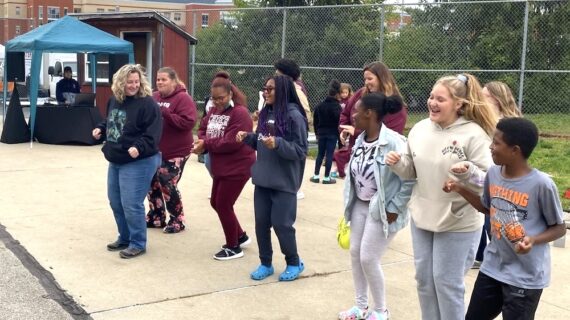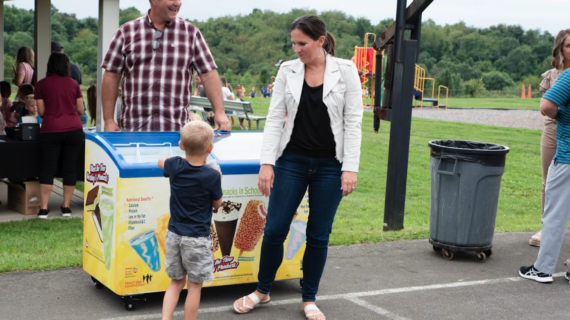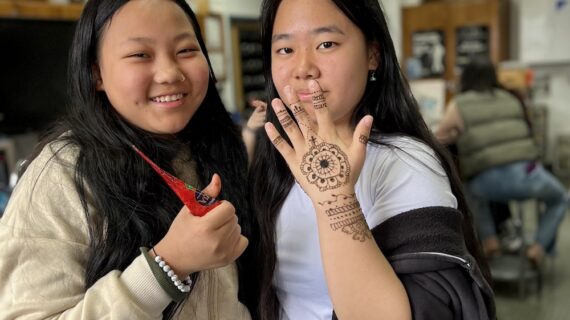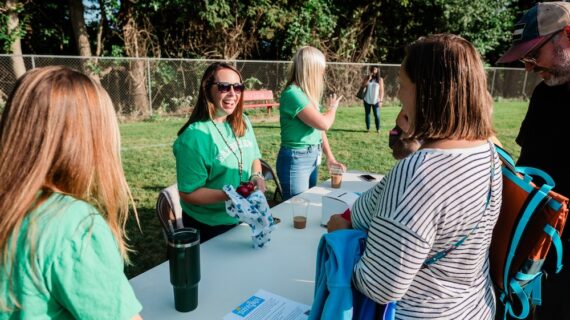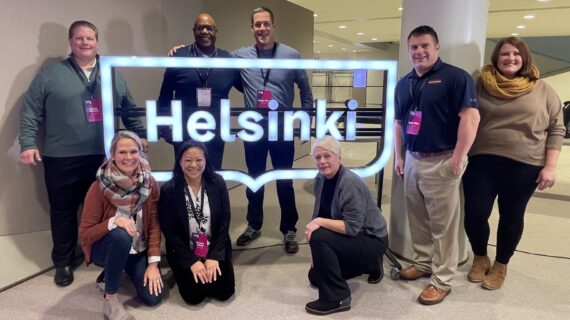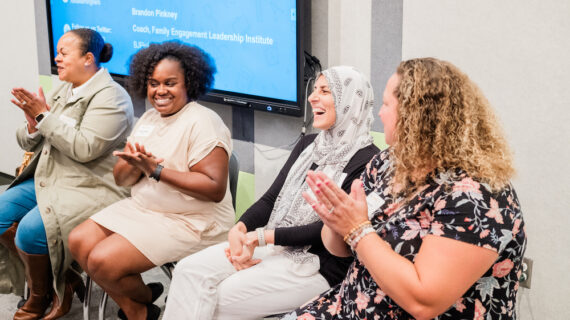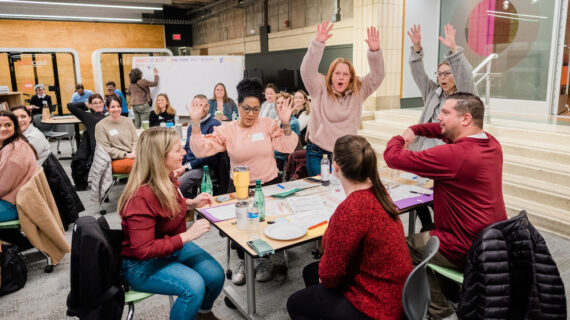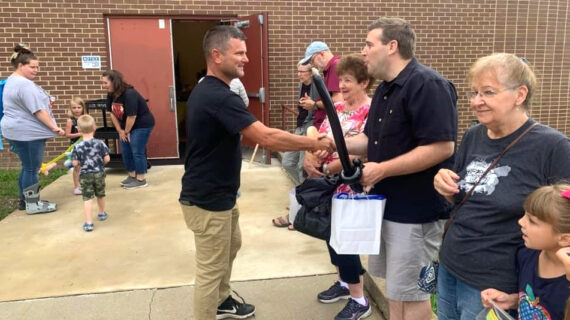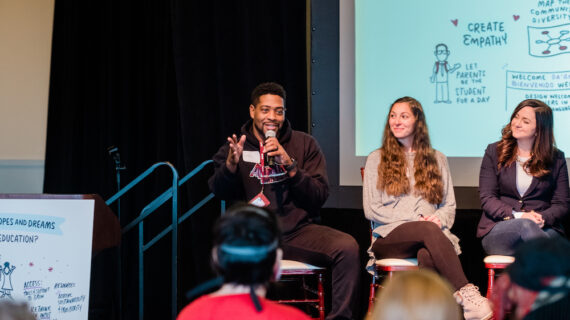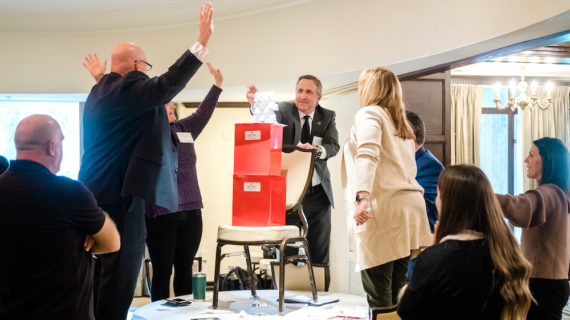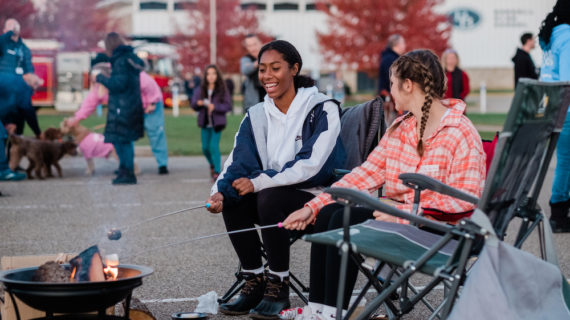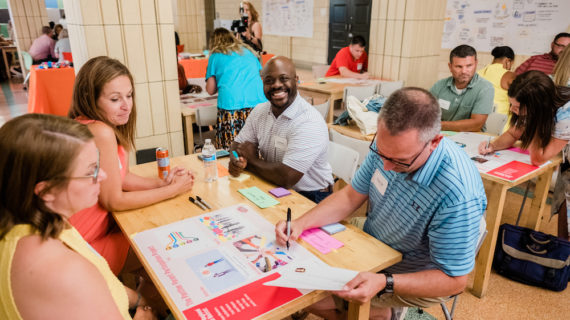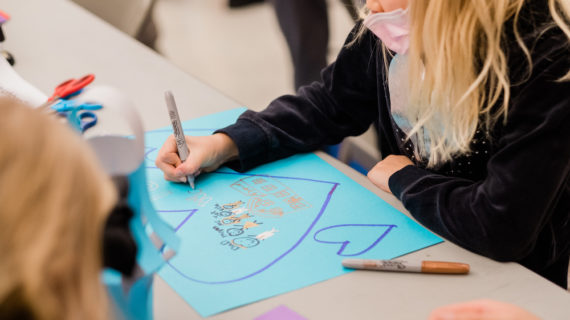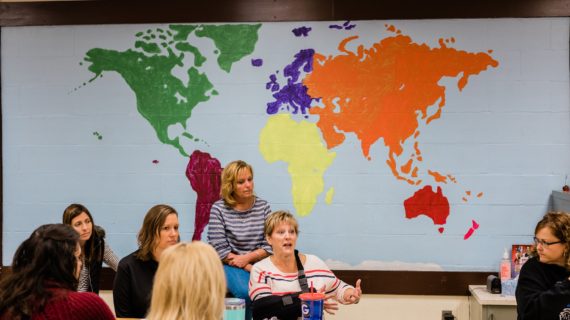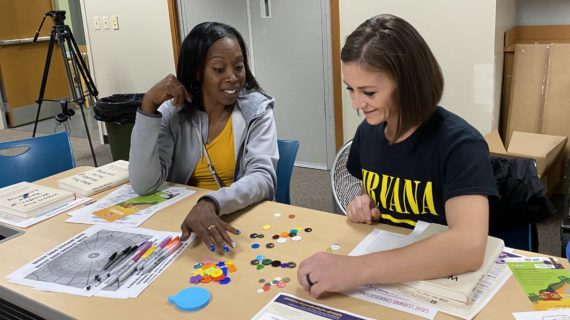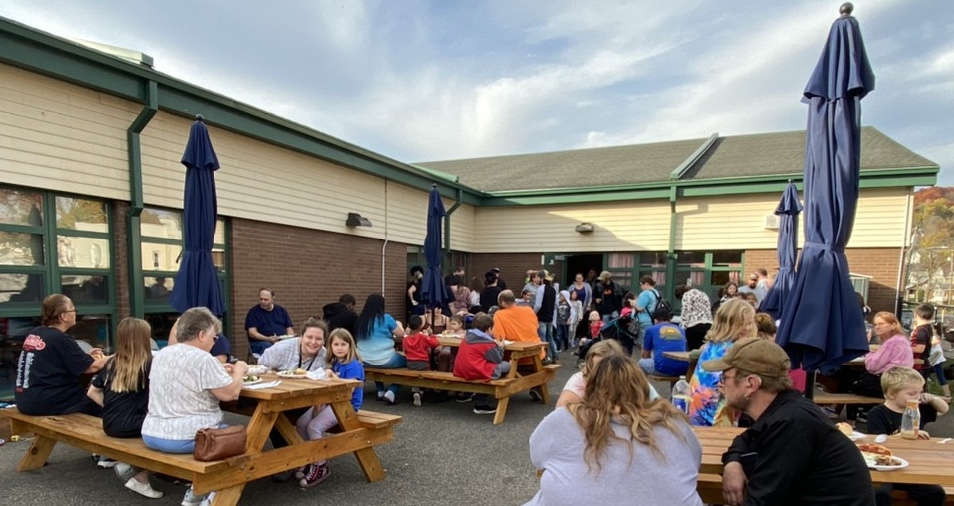
Parents as Allies: In the shadow of difficult history, a community grows in Butler
Photos courtesy of Butler Area School District/Parents as Allies.
As she sits in the after-school pickup line at Broad Street Elementary, Nichole Morgan looks around and remembers what the school was like years ago. In those days, Morgan worked as a paramedic in her community of Butler, just north of Pittsburgh. She has vivid memories of nights when she’d come upon a person in the throes of a drug overdose on the steps of the same elementary school her kids now attend.
The playground would routinely get vandalized, she says. Parents worried about safety. The school was eventually shuttered and remained closed for several years.
Broad Street Elementary, one of seven now-thriving elementary schools in the Butler Area School District, is a dramatically different place today.
The district’s superintendent, Dr. Brian White, has driven that change. But Morgan is quick to share that Broad Street’s principal, Vanessa Boyd, gets the credit for transforming this particular school into a safe, nurturing place where community members feel welcome and parents are glad to send their kids.
That transformation took time and effort. Beyond creating a safer, improved school, Boyd had to tackle Broad Street’s lingering reputation. Even after the school was redesigned as a welcoming community hub, many local parents felt wary when the school reopened in 2021.
“We needed to build relationships,” says Broad Street teacher Meghan Lucas.
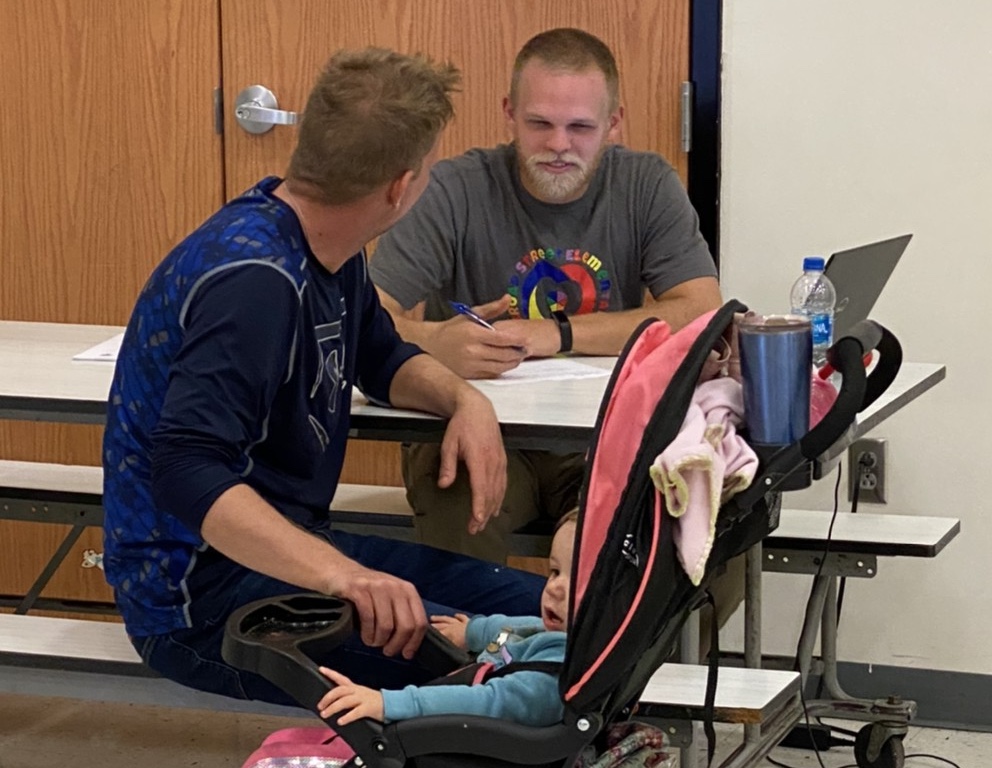
One tool that helped Boyd, Lucas and their colleagues build those relationships: Joining the Parents as Allies family-school engagement project, which helps districts form teams led jointly by school staff and local parents. Together, Parents as Allies teams build authentic communication and find ways to hack the challenge of really connecting.
Boyd recruited Lucas and Morgan to join the school’s Parents as Allies (PAA) team in 2022, and soon the three women were deep in the work of helping parents feel welcome and enthusiastic about Broad Street.
Morgan says she jumped at the opportunity. “When I saw what Vanessa was doing, being so community-oriented, I wanted to be involved in changing our city’s schools,” she says. “Bringing the community, school and staff together is really important.”
WHAT DID THEY TRY?
PAA teams begin by doing “empathy interviews” with parents and school staff, always an eye-opening experience. For the Broad Street team, this deep listening was the first step in building the relationships their community needed.
“We came in with a preconceived notion of what our parents were like,” Lucas says. But as both sides really began talking, “we built a bridge between staff and parents.”
Those conversations led to an event hosted at the school in the fall of 2022. More than 250 parents, students and school staff gathered to share a meal together. They represented about 70% of the school community.
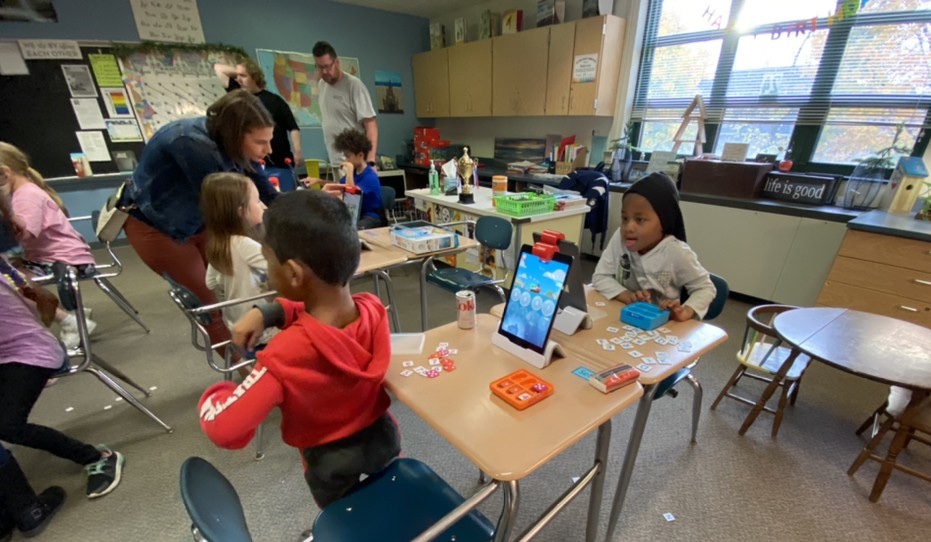
While the kids were kept busy with STEAM learning activities, parents got a chance to explore the classrooms and talk with teachers about their children – and get to know them as people.
The secret sauce, says Lucas, was the informality. Classrooms were open, so parents and caregivers could wander in and see where their kids learn. They could roam the hallways and admire their sons’ and daughters’ artwork on the walls. But there were no presentations or forced conversations about grades or behavior.
Broad Street is in a low-income area of Butler, and many students live with grandparents or other parent figures who may be more than a generation away from the workings of an elementary school. So the PAA team also set up kiosks where kids’ academic data was available, then went a step further.
Rather than just leave these caregivers to try to understand the data on their own, teachers and administrative staff were there to explain it and encourage adults to get more involved in learning experiences of the kids they’re raising. Soon Broad Street was seeing improved attendance and rising academic scores.
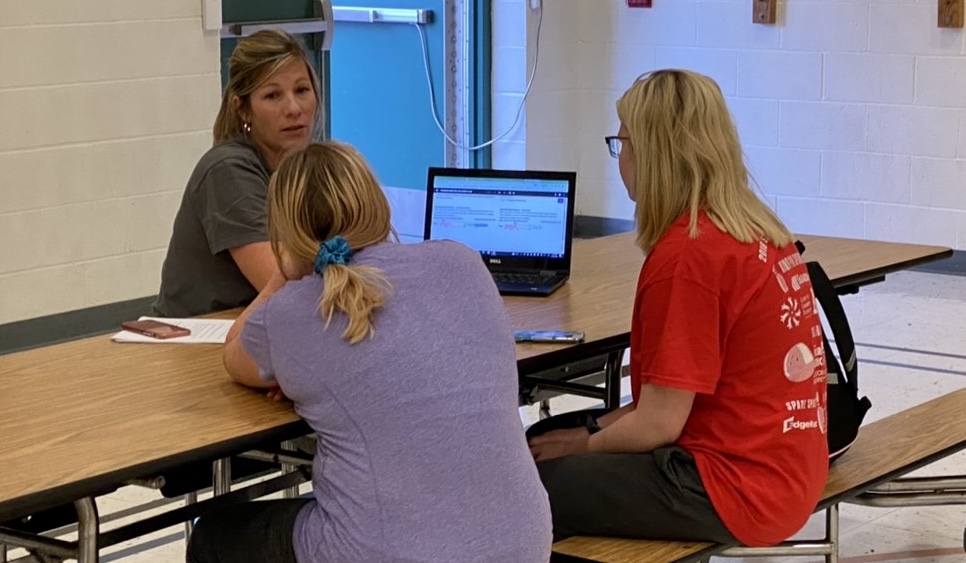
Parents and caregivers, Lucas says, wanted “to know what they can do to help their kids at home with the data they learned. They don’t want the learning to end at the end of the school day.”
That was the first in a series of events created to help parents and other caregivers connect with the school and participate in their kids’ educational lives. As the kids learned to plant seeds in the school garden in springtime and harvest vegetables in the fall, the team started brainstorming further projects – including teaching parents how to grow vegetables at home.
WHAT WOULD THEY TELL OTHER SCHOOLS?
- Really listen – even if, or especially if, you’ll hear difficult things. Empathy interviews with parents helped Boyd discover just how strongly the school’s former reputation had caused parents to reflexively dislike Broad Street. That helped her understand just how vital it was to communicate how different the school is today.
- Be patient. “It’s definitely a process,” Lucas says. Her team did things in their second year that they couldn’t have imagined when the project began. “You need to build and gain credibility with your parents and community,” she says.
- Parent/school engagement benefits teachers – and draws great new employees. When you improve your culture and make the parents your partners, teachers will want to work at your school.
Today, Morgan is glad to be a Broad Street parent and glad to be a part of the school’s thriving community. “Parents aren’t afraid to talk to their teachers now. We’re not afraid to reach out to them,” she says. “We’re not scared to talk to each other.”
